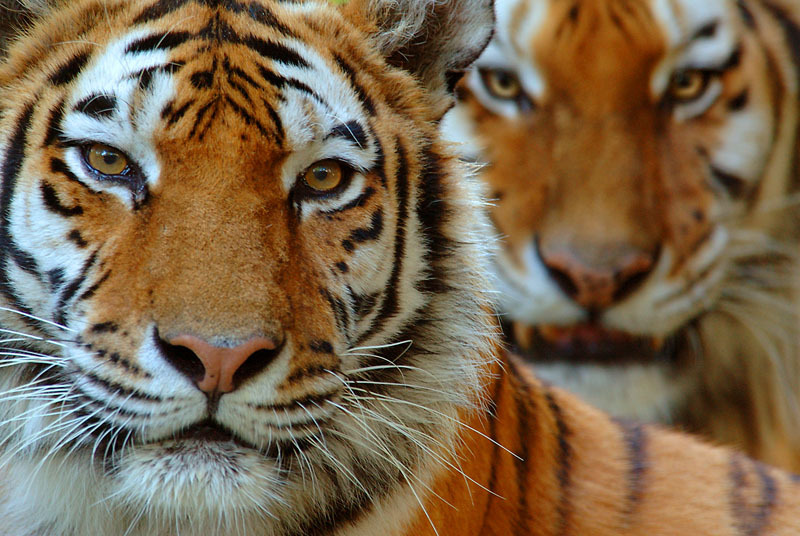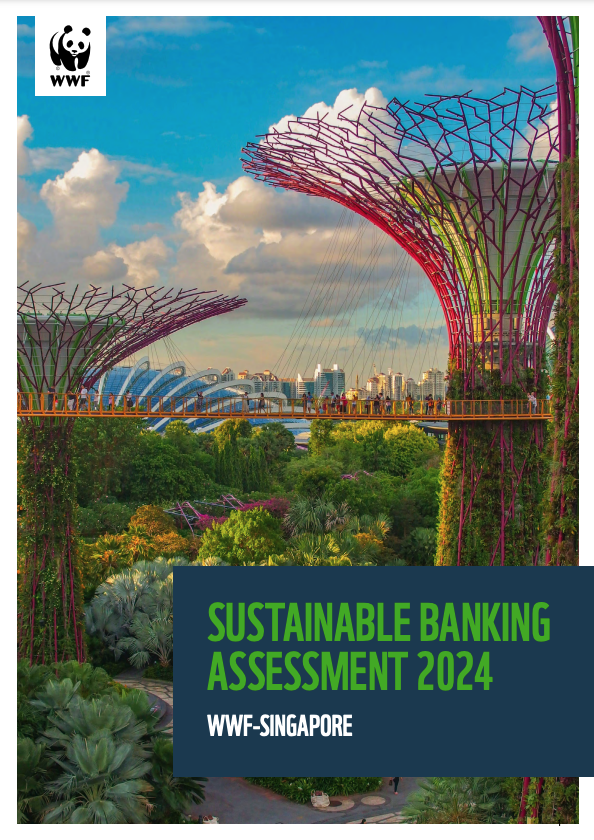A month ahead of a senior government officials’ meeting, WWF is calling on tiger range countries to take steps to stop poachers stealing the gains made by the governments towards their goal to double the number of tigers in the wild.
“There is little hope of doubling the number of wild tigers if every conservation gain made by each of the countries is undermined by poachers every day,” said Mike Baltzer, Leader of WWF’s Tigers Alive Initiative. “Serious actions, not only simple commitments, to end poaching are the first vital step towards wild tiger population recovery and meeting the goal of doubling wild tiger numbers by 2022.”
From 15-17 May 2012, senior government officials will meet for the first time to take stock of actions taken since the Tiger Summit in St. Petersburg in 2010, when all 13 tiger range countries committed to doubling the number of wild tigers by 2022. The meeting will review progress of the Global Tiger Recovery Programme (GTRP) implementation and discuss directions for priority actions in the next two years. It will also review mechanisms for effective collaboration and targets for further resource mobilization at international and country levels.
WWF will also be addressing the illicit trade in tiger parts, with WWF’s wildlife trade programme TRAFFIC presenting the most recent analysis of tiger parts seizures in Asia, as well as a strategic framework for reducing consumer demand for tigers and other endangered species.
New Delhi meeting opportunity for action
The stocktaking meeting in New Delhi provides a perfect opportunity to launch a joint elevated action against poaching and send a clear message to the world that this is one target the tiger range countries intend not to miss.
Poaching is still the main cause of the tiger’s decline and the greatest barrier to achieving the goal of doubling wild tiger numbers. Reports of illegal tiger trade and smuggling in the past months have shown that poaching is still a crime without serious deterrents. In the first three months of this year alone, official records from India reported two tigers poached while an additional three seizures of tiger body parts were made. These tiger parts were almost certainly derived from poaching. The number of tigers killed due to poaching may be higher as it is often very hard to detect actual poaching events. India is the only tiger range country to systematically monitor tiger deaths and make this publicly available online at www.tigernet.nic.in.
During the same period, there were also reports of arrests of persons caught in possession of tiger parts in India and the other tiger range countries, namely China, Malaysia, Nepal, Thailand and Vietnam. In Indonesia, a Sumatran tiger died a few days after it was rescued from the forest, with wounds obtained from a hunter’s trap.
“Poachers are profiting at the expense of the tiger range governments,” said Mr. Baltzer. “Putting an end to poaching would ensure that the investments of the governments and donors do not simply become financial gains for the poachers and tiger traders.”
FIve step plan to fight poaching
WWF has come up with five steps tiger range countries can take immediately to launch a joint operation towards Zero Poaching. These include identifying and delineating the most important sites requiring good protection from poaching, ensuring these sites have sufficient, effective and dedicated enforcement teams, working with police and judiciary to ensure strict punishment on poaching, and actively engaging local communities living adjacent to the important areas in tiger conservation.
“Every single poaching incidence must be taken seriously and understood as a major setback on the road to wild tiger recovery,” said Mr. Craig Bruce, WWF’s expert on enforcement and protection of wild tigers. “The governments should launch an immediate and direct response to poaching. This will send a strong message to the poachers and the wider public that the governments are very serious in their efforts to protect tigers.”
WWF will be sending each government a short document ahead of the meeting describing some of the actions that can be launched immediately to make a serious challenge against poaching and which could form the basis of a joint operation by the tiger range countries.
For further information:
Soh-Koon Chng, +65 97722552, skchng@wwf.org.my















